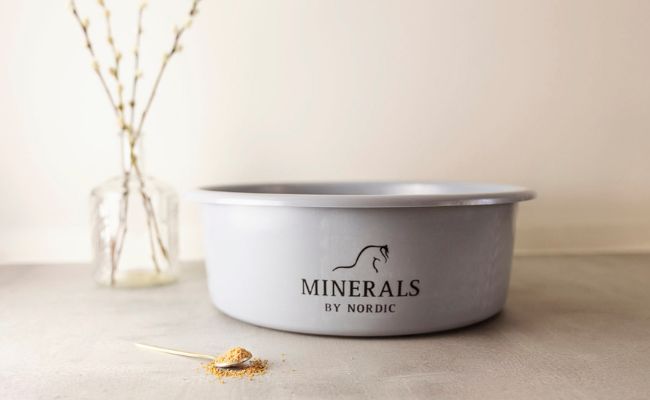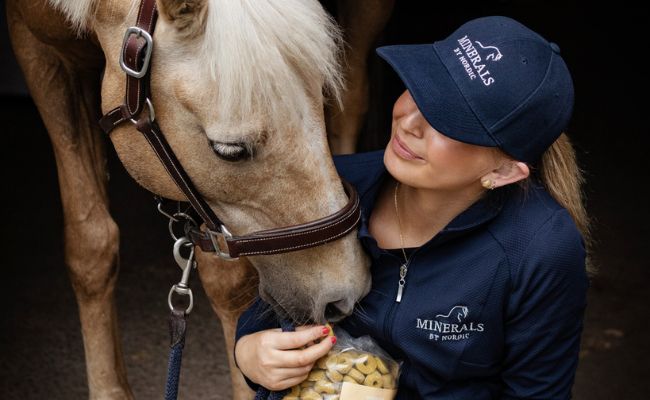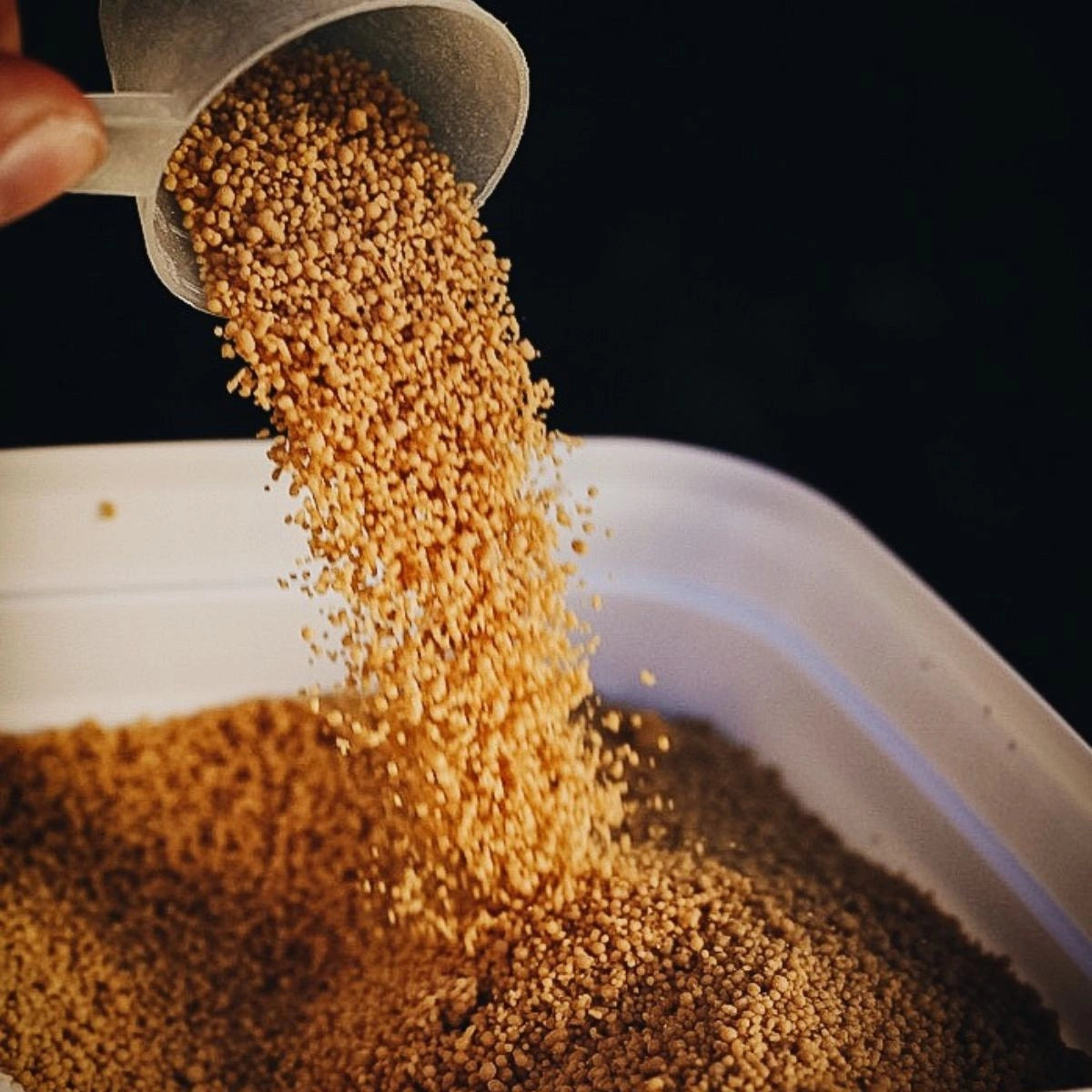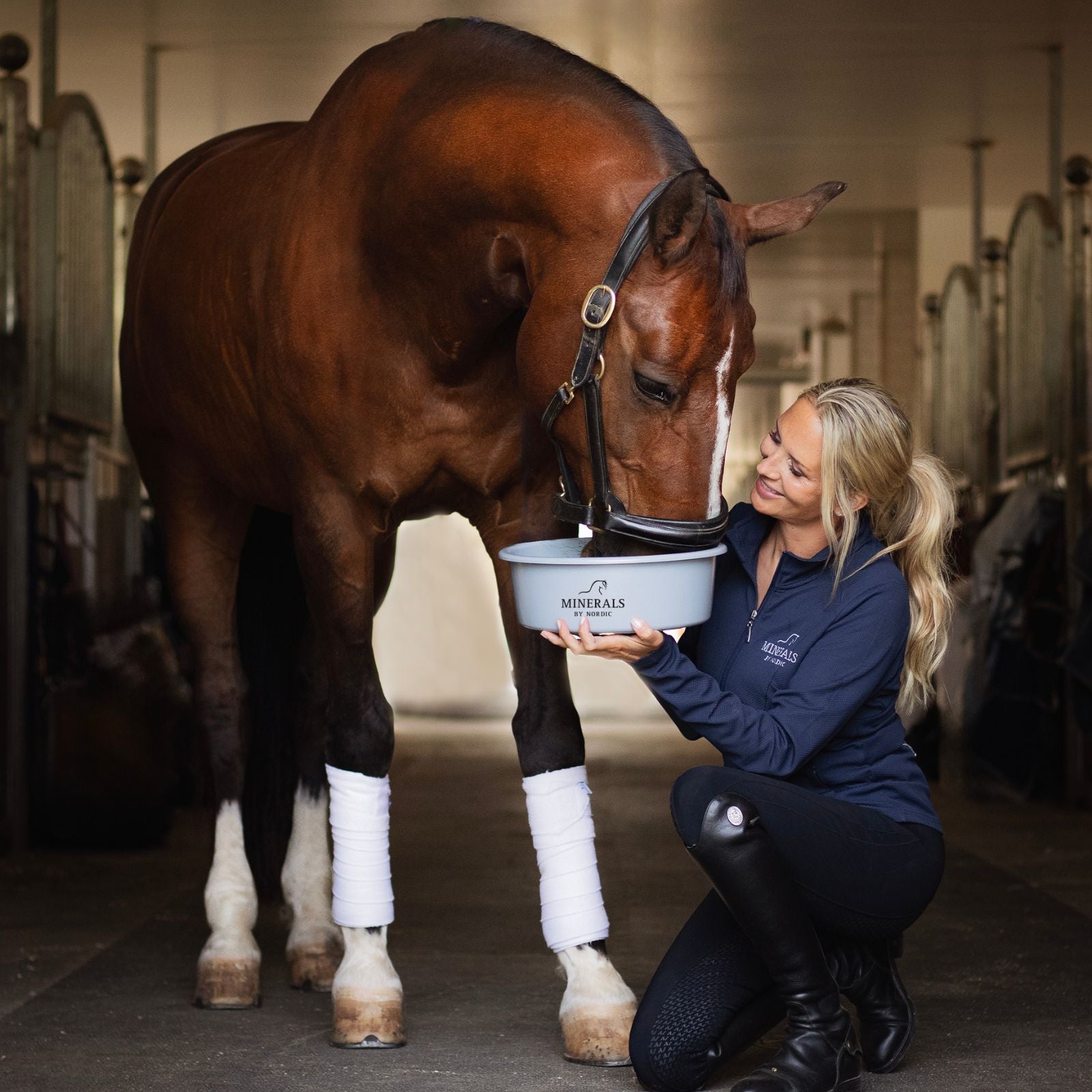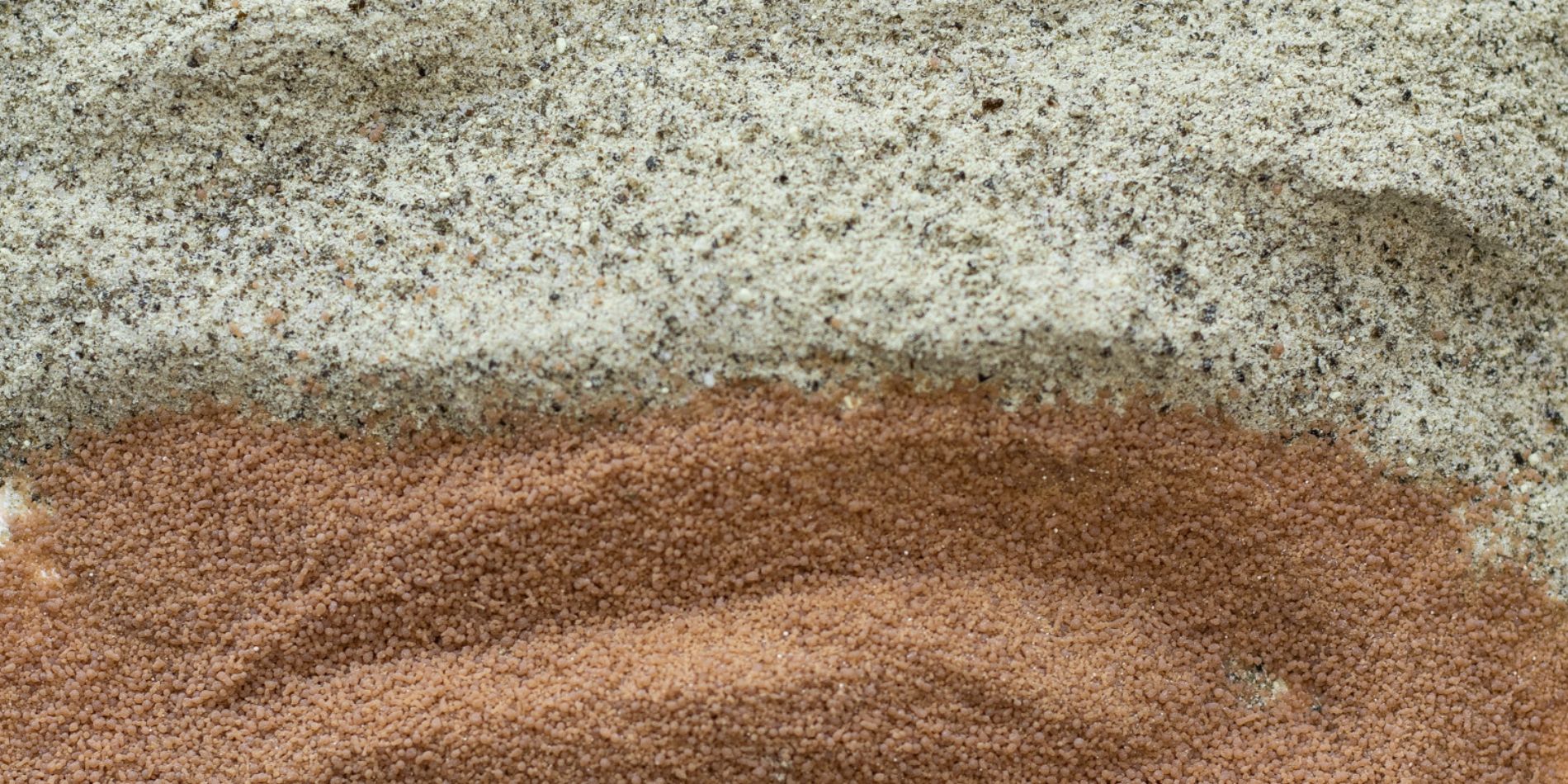
The ultimate guide to supplements for horses
Ensuring an optimal nutritional balance for your horse is crucial for its health, performance, and overall well-being. In this guide, we cover everything you need to know about horse feed supplements—from the most essential nutrients to how to choose the right product for your horse.
Why are supplements important for horses?
Horses have specific nutritional needs that can sometimes be difficult to meet through forage alone. Some advocate for concentrate feed to meet these needs, but this often requires large quantities, which may not be necessary if you have access to analyzed forage. In such cases, it can be more cost-effective—and healthier for the horse—to build the diet on good-quality forage combined with feed supplements. Supplements can help fill nutritional gaps and ensure your horse receives all the necessary vitamins, minerals, and other nutrients.
Essential nutrients for horses
Amino acids: The building blocks of protein that support muscle growth and repair.
Fatty acids: Important for energy, skin health, and inflammation control.
Minerals: Critical for bone health, blood circulation, and much more. When a horse’s mineral needs are met and the gut is in good balance, it can produce certain vitamins on its own.
Vitamins: Crucial for overall health and bodily functions. Horses can produce some vitamins themselves, while others need to be supplemented. However, even though horses can synthesize certain vitamins, their actual needs can vary based on age, health status, workload, and other factors. A well-balanced diet is essential, and in some cases, supplements are necessary to meet those nutritional needs.
Horses can produce certain B vitamins through microbes in their large intestine (cecum and colon), which break down fiber and produce vitamins like Biotin (B7), Folic Acid (B9), and Vitamin B12 as byproducts.
Vitamin K - Also produced by gut microflora in the large intestine. It’s essential for blood clotting and bone health. Horses usually get enough Vitamin K from their diet and internal production, making supplementation unnecessary under normal conditions
Vitamin C - Synthesized in the liver from glucose. It’s an important antioxidant that supports the immune system and is vital for collagen production, benefiting skin, blood vessels, tendons, ligaments, and bones. Unlike humans, horses can produce Vitamin C themselves, so supplementation is rarely needed unless under extreme stress or illness.
Vitamins A, D, and E should be added through supplements or concentrate feed, especially for breeding horses or those without access to pasture or who eat ensiled forage.
Vitamin A
Vision: Crucial for eye health and good vision, especially in low light.
Skin and mucous membranes: Supports healthy skin and mucous membranes, helping defend against infections.
Reproduction and growth: Essential for reproduction and proper growth in young animals. Horses can convert beta-carotene (found in fresh grass) into Vitamin A. However, during winter or in situations with limited access to fresh grass, supplementing Vitamin A may be necessary.
Vitamin D
Calcium and phosphorus balance: Vitamin D spelar en central roll i regleringen av kalcium- och fosforbalansen i kroppen, vilket är avgörande för utvecklingen och underhållet av skelettet.
Bone health: Vital for strong bones, especially in young horses and pregnant mares. Horses produce Vitamin D through sunlight exposure, but those kept indoors or in regions with limited sunlight may need supplementation.
Vitamin E
Antioxidant: A powerful antioxidant protecting cells from free radical damage. Especially important for muscle and nerve function.
Immunsystemet: Supports immune function and helps prevent inflammation. Vitamin E is abundant in fresh grass, but conserved forage like hay may have lower levels, making supplementation important—especially for performance horses and those with limited access to pasture.
We recommend Wheat germ oil as a source of vitamins A, D, and E.
Feeding tips...
For young horses: Higher needs for protein and amino acids for growth, along with calcium and phosphorus for bone development.
For performance horses: Increased energy needs and fast recovery are key—requiring higher levels of energy, amino acids, and electrolytes.
For older horses: Often need supplements that support joint health and digestion, along with adapted levels of energy and protein.
The best supplements for horses:
Balanced mineral supplements: Ensure a proper balance of key minerals. We recommend them in organically bound form, along with all 20 amino acids, found in Activ Mineral.
Omega fatty acid supplements: Support multiple bodily functions and have anti-inflammatory properties in the right amounts. We recommend the vegan microalgae source found in Inflaboost DHA.
Joint supplements: MSM and Omega-3 are beneficial for joint health. MSM is found in Activ Mineral and Omega-3 in Inflaboost DHA.
Muscles and nerves: Support for muscles, cramps, and the nervous system comes from high-quality magnesium. We recommend Mg Control.
The most important vitamins: Vitamins A, D, and E are essential for breeding horses and those without access to pasture or who eat ensiled forage. We recommend supplementing with Wheat Germ Oil.
Implementing feed supplements in your horse's diet
It’s important to introduce new supplements gradually and monitor your horse’s response. Start with a low dose and slowly increase to the recommended level
Why are supplements important for horses?
Horses have specific nutritional needs that can sometimes be difficult to meet through forage alone. Some advocate for concentrate feed to meet these needs, but this often requires large quantities, which may not be necessary if you have access to analyzed forage. In such cases, it can be more cost-effective—and healthier for the horse—to build the diet on good-quality forage combined with feed supplements. Supplements can help fill nutritional gaps and ensure your horse receives all the necessary vitamins, minerals, and other nutrients.
Essential nutrients for horses
Amino acids: The building blocks of protein that support muscle growth and repair.
Fatty acids: Important for energy, skin health, and inflammation control.
Minerals: Critical for bone health, blood circulation, and much more. When a horse’s mineral needs are met and the gut is in good balance, it can produce certain vitamins on its own.
Vitamins: Crucial for overall health and bodily functions. Horses can produce some vitamins themselves, while others need to be supplemented. However, even though horses can synthesize certain vitamins, their actual needs can vary based on age, health status, workload, and other factors. A well-balanced diet is essential, and in some cases, supplements are necessary to meet those nutritional needs.
Horses can produce certain B vitamins through microbes in their large intestine (cecum and colon), which break down fiber and produce vitamins like Biotin (B7), Folic Acid (B9), and Vitamin B12 as byproducts.
Vitamin K - Also produced by gut microflora in the large intestine. It’s essential for blood clotting and bone health. Horses usually get enough Vitamin K from their diet and internal production, making supplementation unnecessary under normal conditions
Vitamin C - Synthesized in the liver from glucose. It’s an important antioxidant that supports the immune system and is vital for collagen production, benefiting skin, blood vessels, tendons, ligaments, and bones. Unlike humans, horses can produce Vitamin C themselves, so supplementation is rarely needed unless under extreme stress or illness.
Vitamins A, D, and E should be added through supplements or concentrate feed, especially for breeding horses or those without access to pasture or who eat ensiled forage.
Vitamin A
Vision: Crucial for eye health and good vision, especially in low light.
Skin and mucous membranes: Supports healthy skin and mucous membranes, helping defend against infections.
Reproduction and growth: Essential for reproduction and proper growth in young animals. Horses can convert beta-carotene (found in fresh grass) into Vitamin A. However, during winter or in situations with limited access to fresh grass, supplementing Vitamin A may be necessary.
Vitamin D
Calcium and phosphorus balance: Vitamin D spelar en central roll i regleringen av kalcium- och fosforbalansen i kroppen, vilket är avgörande för utvecklingen och underhållet av skelettet.
Bone health: Vital for strong bones, especially in young horses and pregnant mares. Horses produce Vitamin D through sunlight exposure, but those kept indoors or in regions with limited sunlight may need supplementation.
Vitamin E
Antioxidant: A powerful antioxidant protecting cells from free radical damage. Especially important for muscle and nerve function.
Immunsystemet: Supports immune function and helps prevent inflammation. Vitamin E is abundant in fresh grass, but conserved forage like hay may have lower levels, making supplementation important—especially for performance horses and those with limited access to pasture.
We recommend Wheat germ oil as a source of vitamins A, D, and E.
Feeding tips...
For young horses: Higher needs for protein and amino acids for growth, along with calcium and phosphorus for bone development.
For performance horses: Increased energy needs and fast recovery are key—requiring higher levels of energy, amino acids, and electrolytes.
For older horses: Often need supplements that support joint health and digestion, along with adapted levels of energy and protein.
The best supplements for horses:
Balanced mineral supplements: Ensure a proper balance of key minerals. We recommend them in organically bound form, along with all 20 amino acids, found in Activ Mineral.
Omega fatty acid supplements: Support multiple bodily functions and have anti-inflammatory properties in the right amounts. We recommend the vegan microalgae source found in Inflaboost DHA.
Joint supplements: MSM and Omega-3 are beneficial for joint health. MSM is found in Activ Mineral and Omega-3 in Inflaboost DHA.
Muscles and nerves: Support for muscles, cramps, and the nervous system comes from high-quality magnesium. We recommend Mg Control.
The most important vitamins: Vitamins A, D, and E are essential for breeding horses and those without access to pasture or who eat ensiled forage. We recommend supplementing with Wheat Germ Oil.
Implementing feed supplements in your horse's diet
It’s important to introduce new supplements gradually and monitor your horse’s response. Start with a low dose and slowly increase to the recommended level


